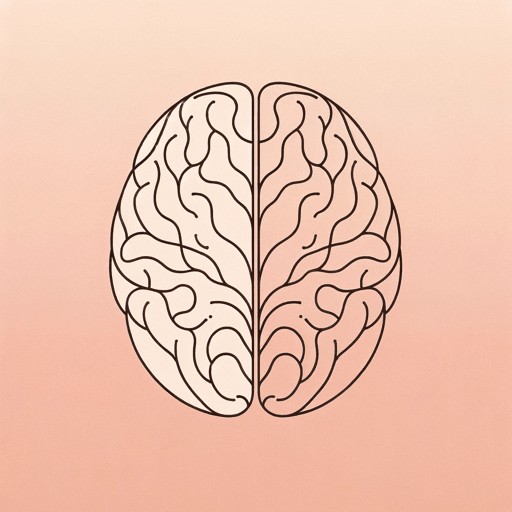46 pages • 1 hour read
Jill Bolte TaylorMy Stroke of Insight: A Brain Scientist's Personal Journey
Nonfiction | Autobiography / Memoir | Adult | Published in 2006A modern alternative to SparkNotes and CliffsNotes, SuperSummary offers high-quality Study Guides with detailed chapter summaries and analysis of major themes, characters, and more.
Index of Terms
Ischemic Stroke
Ischemic strokes are the most common form of stroke; nearly 83% of all strokes are ischemic. These strokes occur when a blood clot becomes lodged in a brain blood vessel, preventing blood flow from reaching that section of the brain. Cells that are deprived of blood flow may die off, resulting in brain impairment. Ischemic strokes can cause a variety of neurological problems depending on the region of the brain where the blood clot forms.
Hemorrhagic Stroke
Hemorrhagic strokes account for about 17% of strokes and are more likely to be fatal than an ischemic stroke. Hemorrhagic strokes are the result of a hemorrhage in the brain which causes blood to leak out of blood vessels and comes into direct contact with the brain, causing neurons to die in the process.
Arteriovenous Malformation (AVM)
An arteriovenous malformation is a particular type of hemorrhagic stroke, which affects people who have malformed blood vessels. This condition means that the patient does not have a “buffering capillary” to ease pressure between blood veins and arteries. This high pressure results in the vein breaking open, triggering blood leakage directly onto the brain. This rare type of stroke is what Dr. Taylor experiences in her

